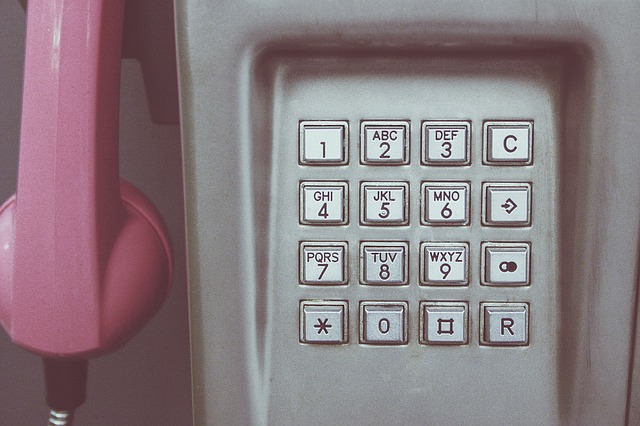Canada News
Bell Aliant doubling pay phone prices in Atlantic Canada, from 25 to 50 cents

As more and more people abandon glass booths and metal buttons in favour of touch screens and SIM cards, the future of pay phones in Canada is looking grim, despite the price hike in the Atlantic provinces. (Pixabay photo)
HALIFAX — Bell Aliant is doubling the cost for pay phones in all four Atlantic provinces on Monday, bringing the region in line with the rest of the country.
Company spokeswoman Isabelle Boulet said in an email Sunday that the change — from 25 cents to 50 cents — is the first pay phone price increase in Atlantic Canada in more than 20 years, and that all other regions in the country have been paying the higher price since 2009.
She did not disclose the costs associated with keeping a pay phone running.
As more and more people abandon glass booths and metal buttons in favour of touch screens and SIM cards, the future of pay phones in Canada is looking grim, despite the price hike in the Atlantic provinces.
According to the 2017 Communications Monitoring Report from the Canadian Radio-television and Telecommunications Commission, the number of pay phones in Canada dropped by almost 40 per cent in four years — from nearly 94,000 phones in 2012 to about 57,000 in 2016.
Meanwhile, national pay phone revenues have plummeted by 65 per cent: they brought in $22.2 million in 2016, a far cry from the million they earned in 2012.
It’s a trend that doesn’t bode well for elderly Canadians, according to CARP spokesperson Bill VanGorder.
“More and more, we’re concentrating on cell phones and forgetting that such a large portion of our population depend on landlines, whether they’re private landlines or pay phones,” he said.
A 2017 survey by Statistics Canada of more than 19,000 people indicated that the overwhelming majority (94 per cent) of 15-to-34-year-olds in Canada owned a smartphone in 2016.
Meantime, less than a fifth of people aged 75 or older owned a smartphone in 2016.
At the same time, census data from 2016 shows that the Atlantic provinces have the highest proportion of seniors in the country: almost one in five people from Nova Scotia, New Brunswick, P.E.I. and Newfoundland and Labrador are 65 years of age or older.
VanGorder said it’s important for everyone, especially the high number of elderly Atlantic Canadians who may not own a cellphone, to be able to access a public phone in case of an emergency.
“I think it’s just an indication of something that’s happening in a lot of areas of communication technology at the moment,” he said of the declining number of pay phones.
“We’re forgetting an extremely large seniors’ population who are not adopting, and can’t adopt these technologies. We’re just leaving them by the wayside.”
He added that low-income Canadians may also be disproportionately affected by the disappearance of pay phones.
In her email, Boulet said Bell Aliant is committed to providing accessible public phones.
“While pay phone usage has declined significantly for many years with the rapid growth of wireless communications, Bell Aliant continues to ensure pay phones are affordable and accessible, especially in high traffic locations such as shopping centres, airports and other transportation hubs, hospitals and other community facilities,” she wrote.
While the company doesn’t have regional figures, Bell said it operates around 50,000 pay phones across seven provinces.





















